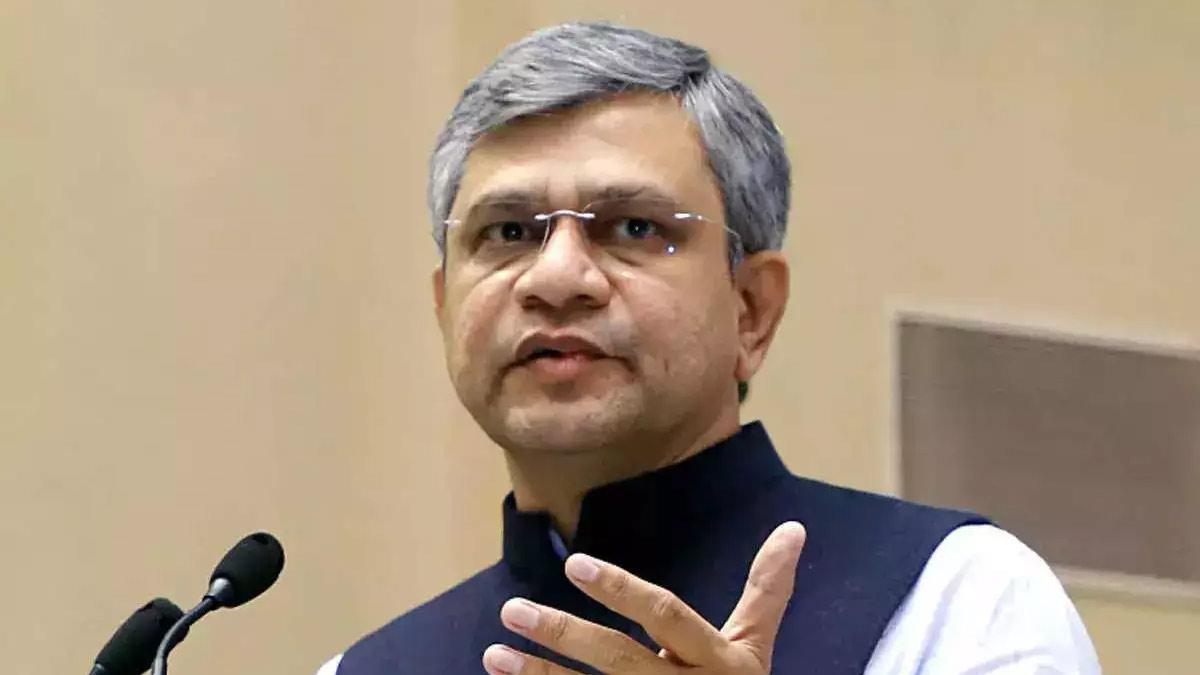The worldwide shipments for foldable phones are expected to reach 48.1 million units with a market value of $42 billion in 2027, a new report has said.
In 2023, the global shipments of foldable phones, including flip and fold form factors, are expected to reach 21.4 million units, representing an increase of more than 50 per cent over the 14.2 million units shipped in 2022, according to International Data Corporation (IDC).
"A 10 per cent decline in ASP (average selling price) helped the market grow 75.5 per cent in 2022, as foldable devices became more affordable in numerous markets. With new vendors and models joining the race this year, we expect the foldable market to be the one bright spot in 2023 with 50.5 per cent growth, while the total smartphone market contracts 1.1 per cent," Anthony Scarsella, research manager, Mobile Phones at IDC said.
The report said that foldable phones remain the one positive talking point in a market that declined more than 11 per cent in 2022.
Also Read | Apple camera lens suppliers facing twin risks: Analyst
The recent success and projected development of this segment indicate a healthy demand for this expanding form factor. Despite a slight drop in average selling prices (ASPs), foldables stay in the premium price segments in all regional markets.
"With the smartphone market declining over 11 per cent last year, consumers need new motivation to go out and upgrade to something that can wow them. Foldable devices currently bring that 'wow factor' and I believe they will continue to grab more headlines and outperform non-foldable smartphones over the next five years," said Nabila Popal, research director with IDC's Worldwide Tracker team.


















